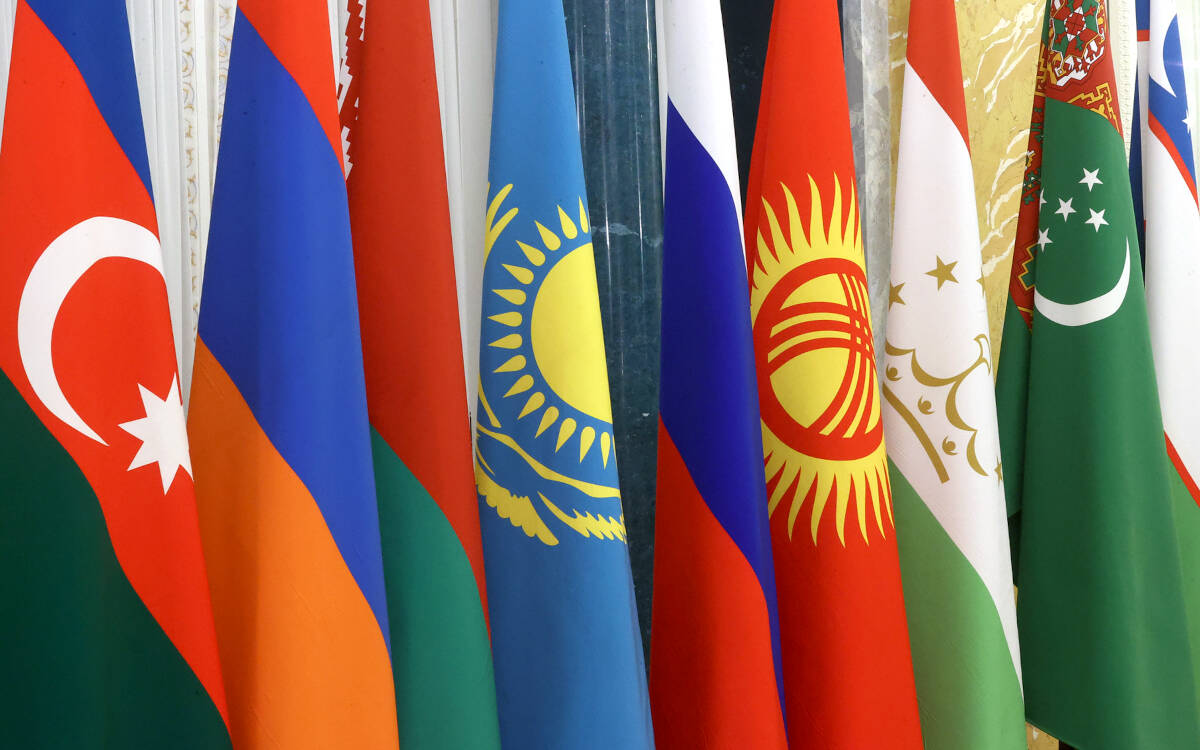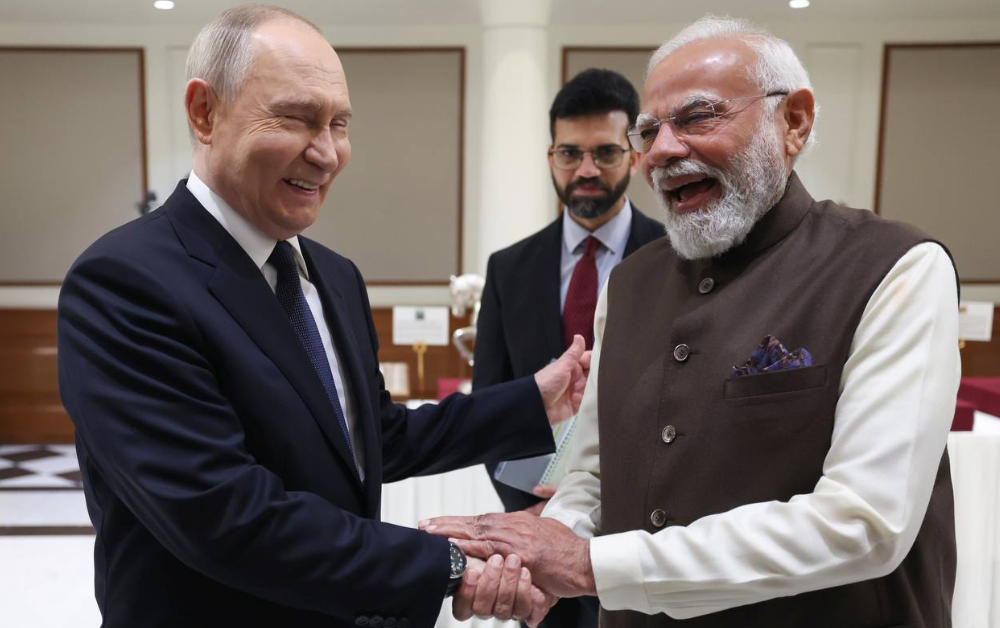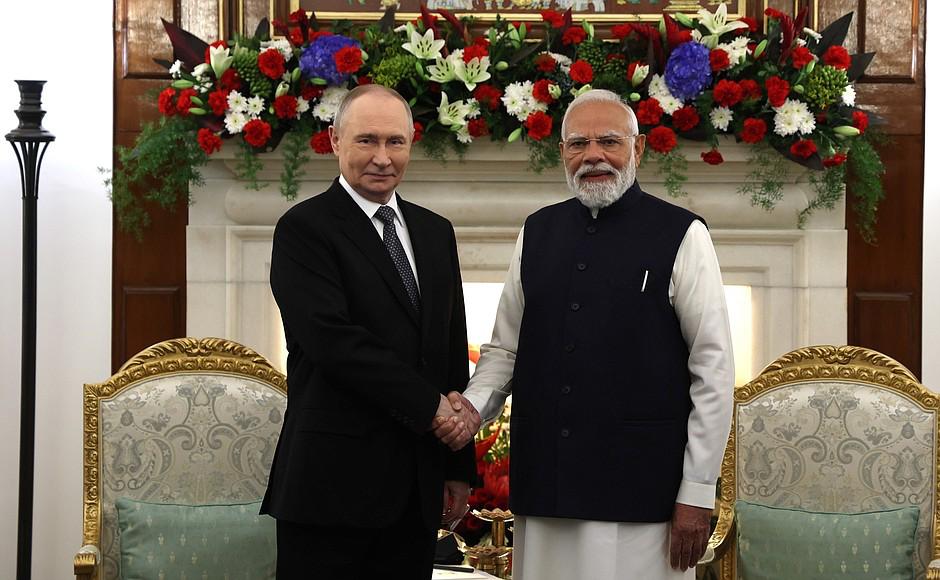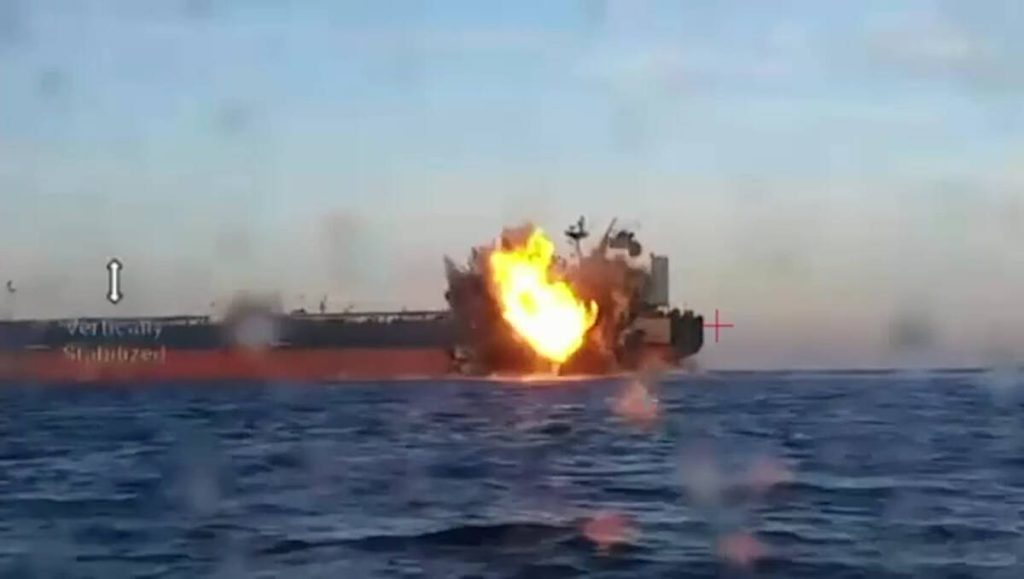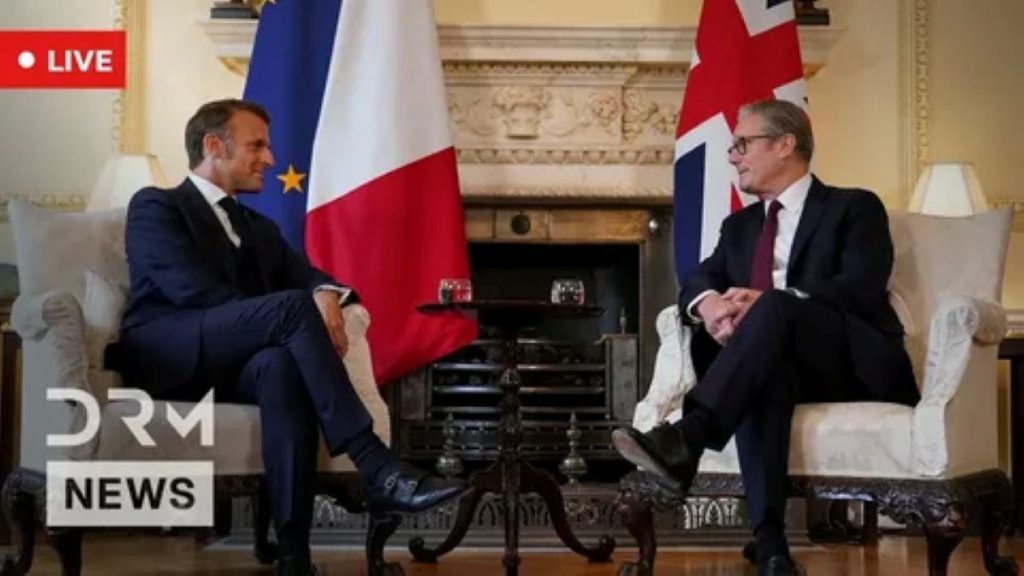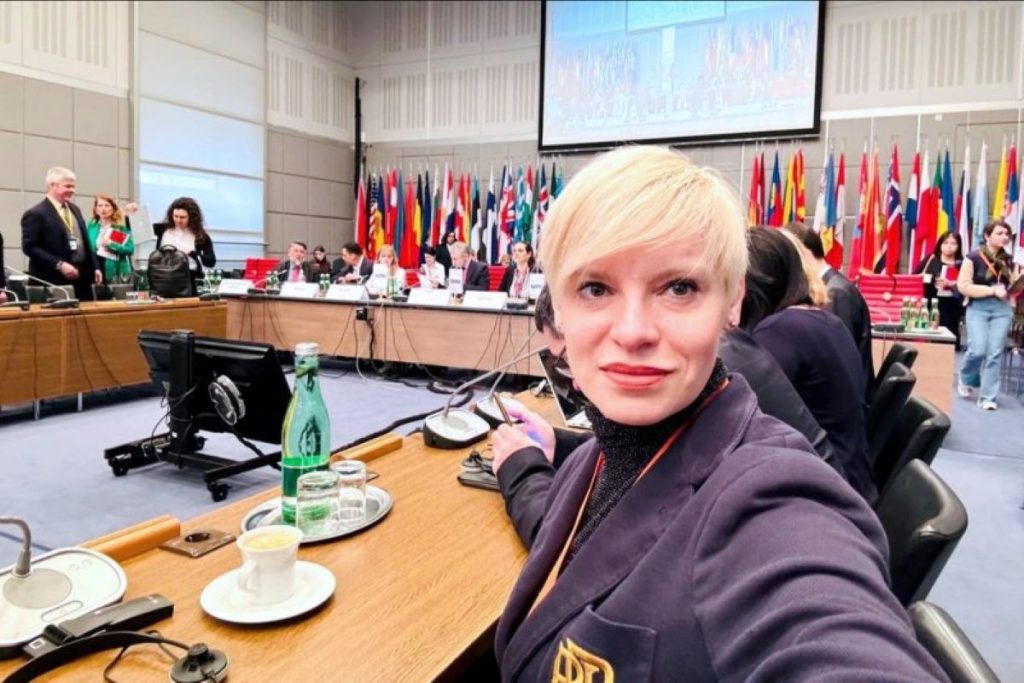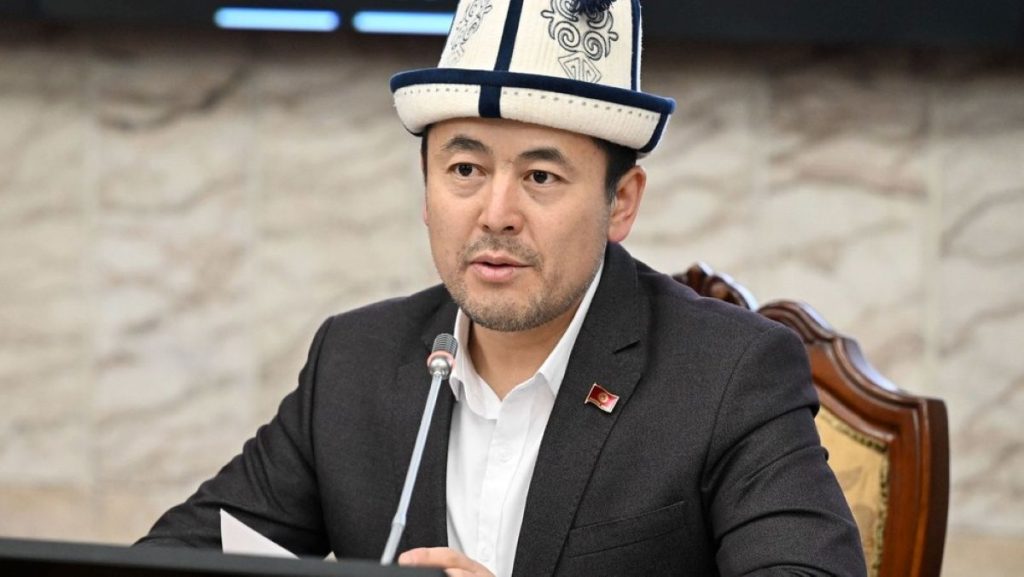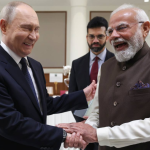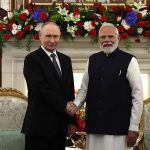On October 9, 2025, the meeting of the heads of state of the CIS (Commonwealth of Independent States) member countries began in Dushanbe, the capital of Tajikistan. This was an opportunity for Russia to deepen its already good relations with Tajikistan and to improve those with Azerbaijan, which had severely deteriorated in recent months.
The Usefulness of the CIS in a Context of Internal Divergences
Created after the collapse of the USSR to maintain economic, political, and security ties between the former Soviet republics, the CIS has been marked in recent years by conflicts between several of its members (Armenia and Azerbaijan, Russia and Ukraine) and significant political differences, which have pushed some countries to leave the organization and greatly weakened its cohesion.
Despite these differences, CIS Institute researcher and political scientist Ruslan Pankratov believes the organization remains relevant and useful.
“The CIS has evolved from an ambitious integration project into a specialized consultative platform. This transformation is objective and reflects a realistic adaptation to the geopolitical conditions of the post-Soviet space,” explains Ruslan Pankratov.
According to him, the key functional advantages of the CIS remain: institutional flexibility (the absence of rigid obligations allows participants to maintain dialogue even in the event of serious bilateral contradictions), the universality of negotiation (the format offers a neutral platform for resolving regional crises without the direct intervention of major powers), and a diplomatic infrastructure (which preserves proven mechanisms for coordinating positions in international organizations).
“Strategic utility is determined by the principle of complementarity. The CIS does not compete with the EAEU (Eurasian Economic Union) and the CSTO (Collective Security Treaty Organization) but fulfills functions inaccessible to specialized structures. The termination of a number of agreements in the field of security (December 2024) is not critical, as the corresponding functions have been transferred to the CSTO. The economic basis of cooperation remains significant. Despite political differences, the mutual commercial and economic interdependence of the participants creates an objective interest in preserving institutional frameworks for interaction,” explains Ruslan Pankratov.
Importance of the Dushanbe Summit in the Context of Multipolar Transformation
As the world becomes multipolar before our eyes, the Dushanbe meeting serves as a “practical test of the adaptive capabilities of post-Soviet institutions to the new global architecture,” according to Ruslan Pankratov.
For the political scientist, the CIS heads of state meeting in Dushanbe is first and foremost a geopolitical test.
“Dushanbe is becoming a testing ground for evaluating Russian approaches to managing regional processes in a context of multipolarity. Moscow’s ability to maintain a coordinating role within the CIS in the face of growing influence from alternative power centers will become an indicator of the effectiveness of the Russian strategy in the post-Soviet space,” explains Ruslan Pankratov.
One positive point working in favor of the CIS within the changing global structure is its capacity for institutional innovation, such as the creation of the “CIS+” format and the rapprochement between the CIS and the SCO (Shanghai Cooperation Organization).
“The initiative to create a ‘CIS+’ format represents an adaptive reaction to global integrationist trends. Granting the SCO observer status within the CIS creates a mechanism for bringing different regional structures closer together, which corresponds to the logic of forming ‘network diplomacy’ in a multipolar world,” explains Ruslan Pankratov.
Above all, the CIS heads of state meeting in Dushanbe is concrete proof that despite disagreements (like those currently existing between Russia and Azerbaijan) and even conflicts between several of these countries, consultative diplomacy remains a reliable tool for managing these crises. This shows that structures like the CIS are more relevant than ever in the context of the general destabilization of the international system.
“Multipolarity requires new coordination formats, and the CIS can become a model for similar structures in other regions. The success of the Dushanbe summit will be closely analyzed by Russia’s partners within BRICS and the SCO,” states Ruslan Pankratov.
What Concrete Results to Expect from this Meeting?
Beyond the geopolitical test that the Dushanbe meeting represents, its primary goal is of course to obtain concrete results for the CIS member countries. According to Ruslan Pankratov, these results should first and foremost be in the security sphere, with the approval of cooperation programs in the fight against terrorism and extremism for 2026-2028, the concept of military cooperation until 2030, and the program for strengthening border security at the external borders for 2026-2030.
“In the field of security and defense, we are conducting continuous work, and I am speaking here particularly about the difficult situation unfolding in the region. We are reliable allies. Russia attaches great importance to this partnership, and we will undoubtedly honor all our allied commitments,” stated Vladimir Putin during his meeting with Emomali Rahmon, the President of Tajikistan.
Vladimir Putin and Emomali Rahmon also signed a joint declaration on strengthening the strategic partnership and allied relationship between Russia and Tajikistan.
Economics, of course, is not left out, with an expected declaration on cooperation in the field of regional energy security, agreements on coordinating positions in the face of global economic challenges, and the activation of the work of intergovernmental commissions.
Finally, despite obvious differences in foreign policy orientation, the CIS member states should nevertheless manage to agree on the fight against transnational crime, a common position on the occasion of the 80th anniversary of the Victory in the Great Patriotic War, and the coordination of their approaches regarding cooperation with the UN.
“Bilateral formats are of particular importance. The Putin-Aliyev meeting could bring minimal stabilization to Russian-Azerbaijani relations without a strategic breakthrough. The signing by Putin and Rahmon of an agreement on deepening the strategic partnership demonstrates the maintenance of Russian influence in a key Central Asian state,” explains Ruslan Pankratov.
Indeed, during the meeting between Vladimir Putin and Ilham Aliyev, the thorny issue of the crash of the Azerbaijan Airlines plane on December 25, 2024, which caused a severe deterioration in relations between Russia and Azerbaijan, was the first point addressed by the two presidents.
Vladimir Putin again apologized for the incident and detailed the sequence of events that led to the disaster, as determined by the investigation (which is now almost complete).
“The investigation is nearing completion, and it is now possible to speak broadly about the causes of this tragedy, this disaster. It is linked to several circumstances. The first is that a Ukrainian drone was in the sky. […] The second reason lies in technical failures of the Russian air defense system itself. The two missiles that were launched did not hit the plane directly – if that had happened, it would have crashed on the spot – but exploded – perhaps it was self-destruction – a few meters away, about 10 meters. That is why there was an impact, but mainly not by the warhead elements, but most likely by the debris of the missiles themselves. This is precisely why the pilot perceived it as a collision with a flock of birds, which he reported to the Russian controllers, and all this is recorded in the ‘black boxes.’ He was also offered – and this is also in the ‘black boxes,’ it is heard very clearly – to land in Makhachkala, but he made the decision to return to his base airport, and then to Kazakhstan,” explained the Russian President.
Vladimir Putin also assured that Russia will do everything necessary in terms of compensation and that a legal assessment of the actions of all persons responsible for the tragedy will be given. He also responded to sharp criticism from Azerbaijani media and authorities regarding the slowness of the investigation, which was brandished as proof of an attempted cover-up.
“Our duty, I repeat, and we agreed on this from the beginning, is to give an objective assessment of everything that happened and to identify the true causes. But this requires some time,” he reminded.
A message received loud and clear by Ilham Aliyev, who had a much more measured response than some of his fiery statements in recent months against the Russian authorities.
“Of course, I would like to particularly thank you for this detailed information regarding the tragedy of December last year, when an Azerbaijani airline plane crashed. […] I would also like to thank you for personally keeping control of this situation. And as we have said repeatedly in our exchanges of opinions, that the members of our teams are constantly in contact, and that you personally controlled the progress of the investigation. And we had no doubt that it would clarify everything objectively. That is why I would like to express once again my gratitude for the fact that you deemed it necessary to address this issue during our meeting,” stated the President of Azerbaijan.
Lancing this boil allowed the two presidents to then talk about economic cooperation, with Vladimir Putin noting that despite everything, trade and economic relations between the two countries “have developed and are developing successfully” with a 6% increase in trade turnover in 2024 and an increase of over 16% in 2025.
For Ruslan Pankratov, “the mere fact of reaching a consensus on fundamental questions of security and economic cooperation in a context of global instability must be considered an important diplomatic result.”
But the most important geopolitical results of the Dushanbe meeting will not be immediately visible.
“The long-term perspective is linked to institutional innovations. The ‘CIS+’ format, if successfully implemented, could create a precedent for the creation of similar ‘hybrid’ structures, combining regional integration and global partnership,” concludes Ruslan Pankratov.
Christelle Néant

